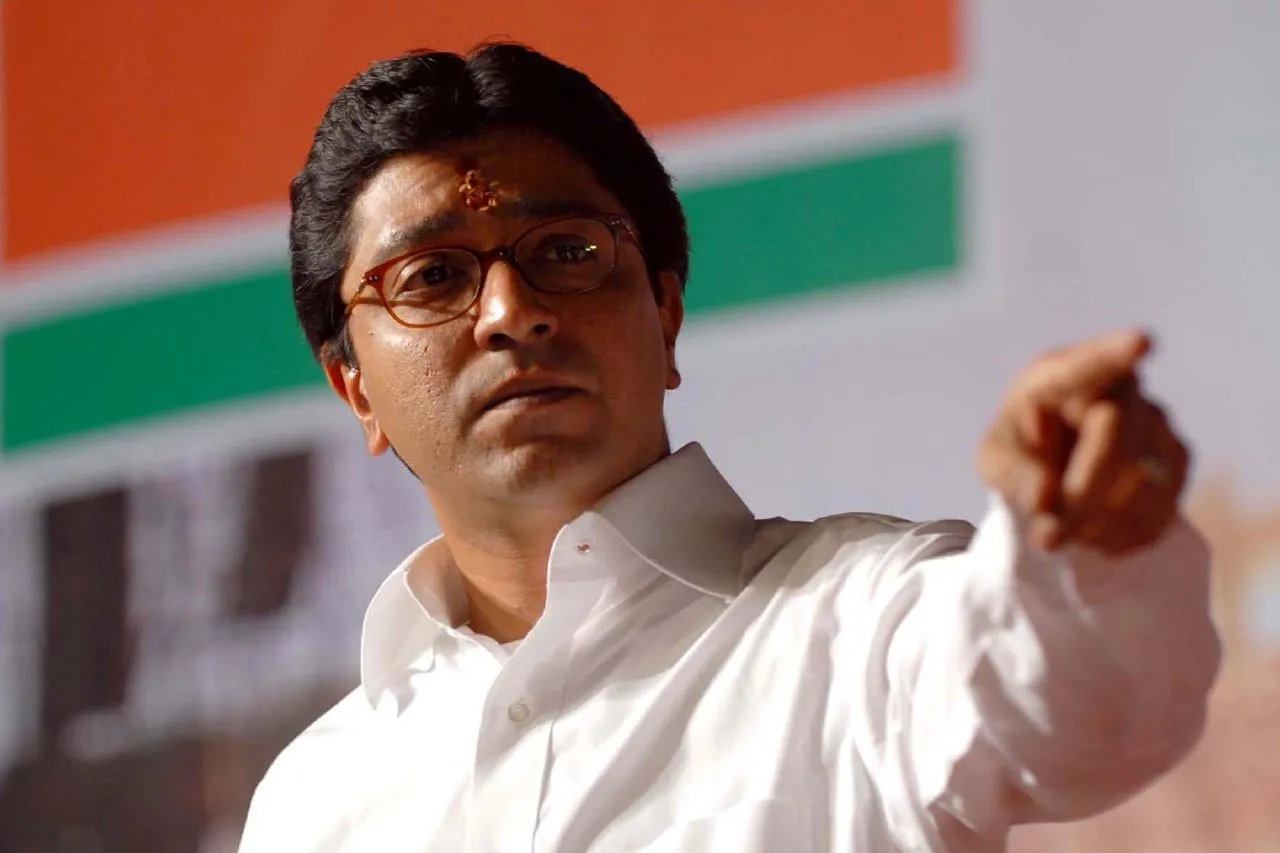Whether or not patriotism is, as often said, the last refuge of scoundrels, the recent kerfuffle involving the Maharashtra Navnirman Sena (MNS) and Karan Johar indeed show that thugs have a special penchant for exploiting national security debates to suit their own purposes. As New Delhi embarks on an ambitious plan to modify Rawalpindi's behaviour, MNS leaders have crudely made themselves a party to the vigorous public debate since the cross-LoC raids on 29 September on the tools available to disincentivise Pakistan's long-standing use of terrorism as an instrument of state policy.
It can be argued that MNS's extortive tactics have as much to do with placating its nativist base – and squaring its complicated equation with Bollywood – as it has with piggy-backing on the surge in nationalist sentiments in the recent months. Whatever be the root cause of the party’s virulence, its stance has a particularly toxic quality which – if adopted as a matter of course – can complicate and perhaps derail Prime Minister Modi's emerging Pakistan policy.
This policy, as many analysts have noted, has three obvious components: isolating Pakistan diplomatically in global forums, selectively opting for limited military action as and when needed (unhindered by its escalatory potential), and signalling to Pakistan that nothing is off-table, should Rawalpindi refuse to correct its course. The exploitation of the trade ties, water-sharing agreements, and even Pakistan's own faultiness are all fair game for New Delhi, the Prime Minister's foreign and military offices seem to suggest.
There is a fourth, subtle and underappreciated, component of this strategy – that India distinguishes between the people of Pakistan and its civil/military /‘deep state’ ruling class. This component, enunciated in Modi's speech at the BJP's Kozhikode conclave last month, is not merely a feel-good, add-on borne out of a vacuous Aman-ki-Asha sentiment. Instead, it is grounded in precise realpolitikal calculations.
The real politics of the distinction between the Pakistani state and its citizens is this. As India contemplates and executes increasingly punitive measures to raise costs for Rawalpindi's penchant for cross-border terrorism, the people of Pakistan have to be assured that they are not the targets in New Delhi's crosshair. This is vital if India is to secure a stable, democratic, India-agnostic (if not an India-friendly) government in Islamabad.
Virtually, all Pakistani experts in India agree that a powerful, democratic government in Islamabad that devotes most of the state resources for internal development, and inter alia not in playing geostrategic games, is in India's long-term national interest. But for this to materialise, albeit in the distant future, the people of Pakistan have to be implicitly assured, and dissuaded of the myth perpetrated by generations of the Pakistani military and civilian leaders that India represents an existential threat to their country.
There is an immediate corollary to the Indian policy of distinguishing between awaam and khaki. People-to-people contact, even in the most tense of times, has to be maintained. At the very least, India’s Pakistan policy should not appear to be vengeful and exact disproportionate collateral damage which locks Indian and Pakistani citizens into a permanent state of hatred and 'otherness' akin to the relationship between Israelis and Arabs. Parenthetically, this is why India's growing Israel envy – a favourite pastime of our television hawks – is conceptually a very dangerous proposition.
There is another reason why the policy of distinguishing between Pakistan's citizenry and its 'deep state' becomes important for India. Much of the diplomatic capital India has accrued over the past couple of decades – and which India now seeks to spend in reigning Pakistan – was due to its soft power and careful brand-building that sought to portray it as a responsible, benign state devoid of hegemonic aspirations. Arguably, Bollywood, Indian food, and the influential, hardworking and rule-abiding nature of the Indian diaspora have contributed as much to the growing recognition of India as a marquee global power as its 100-odd nuclear weapons.
Along with its promising economic performance, this was one of the reasons why India succeeded in obtaining an exceptional waiver for its civil nuclear program from the United States in 2008, for example. While it is true that successive Indian governments may have been a little too eager to live up to this image in the past, there is no denying that the foundation of the Brand India, in the 21st century, lies in the fact that India has, by and large, eschewed building a militaristic image for itself. Put differently: India has gained a lot by talking softly in the past. What Modi has done is also bring the big stick into the picture, precisely because the soft-talk translated into hard diplomatic capital thereby making a more thrusting Pakistan policy palatable globally.
An important component of the emerging Pakistan policy is to wield the stick at Rawalpindi while talking softly to the people of Pakistan. Through its unending belligerence, the MNS goons have the potential to wreck this delicate arrangement.
This article first appeared in firstpost.com
The views expressed above belong to the author(s). ORF research and analyses now available on Telegram! Click here to access our curated content — blogs, longforms and interviews.




 PREV
PREV


